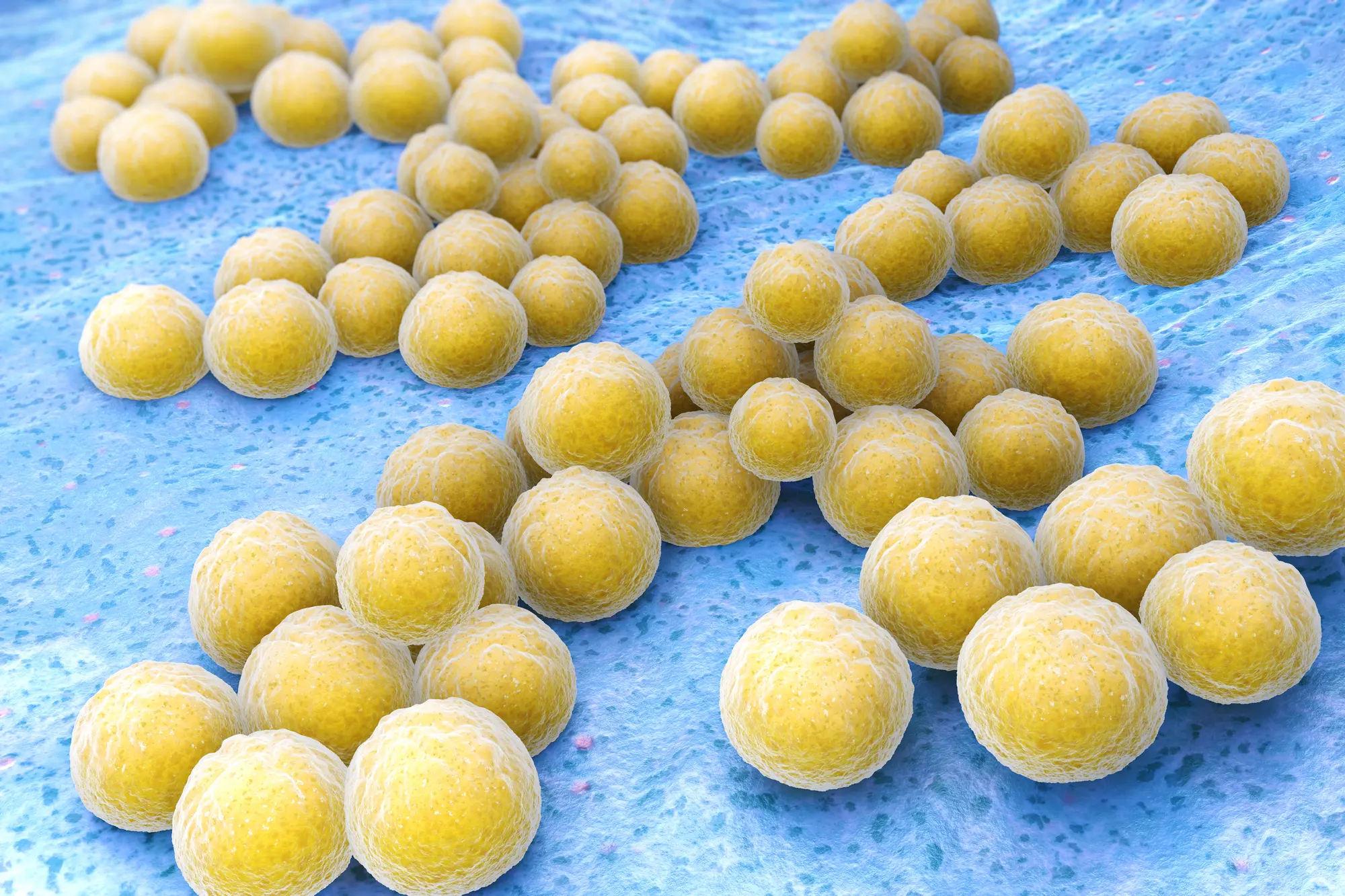By: Callie Gao
A significant discovery was made by scientists in Melbourne. The discovery included how a simple bacteria, called Staphylococcus aureus (known as golden staph), which lives on the skin, could turn deadly if it enters the human body. This could pave the way for better treatment and save many lives all over the world.
Golden staph is usually harmless and spreads on the skin or nose of people. But if there is a wound on the skin it could potentially cause serious infections and if it is so severe, it could lead to death.
About 2 or 3 people carry golden staph out of every 10 people and it could be easily spread just by a mere touch.
A team led by a senior researcher, Abdou Hachani, who works at Peter Doherty Institute for Infection and Immunity, published a journal about this discovery. In the report, the researchers examined how the bacteria were able to hide inside other cells to avoid being detected and found by the immune system.
For many years scientists have underestimated golden staph and thought it to be a pathogen, an infectious agent, or simply a germ that only lived on the cells outside the body.
This will promote the development of existing and new treatments for people that have severe infections of golden staph. Tim Stinear, a molecular microbiologist that is part of the team, said, “This new knowledge will guide research to find new ways to combat these infections.”
The United Nations estimates that there would be 10 million deaths caused by bugs with resistance to antibiotics; people fear that it could lead to another pandemic with the possibility of becoming more deadly than Covid 19. Dr. Hachani also says that “This discovery means that we will be able to design ‘a la carte’ treatments for patients with golden staph before we reach the doom date of 2050.”
Sites:
-https://www.kidsnews.com.au/science/scientists-reveal-how-golden-staph-turns-deadly/news-story/6411a45e30cea25fd434a6ef442f6529
-https://www.betterhealth.vic.gov.au/health/conditionsandtreatments/staphylococcus-aureus-golden-staph#











